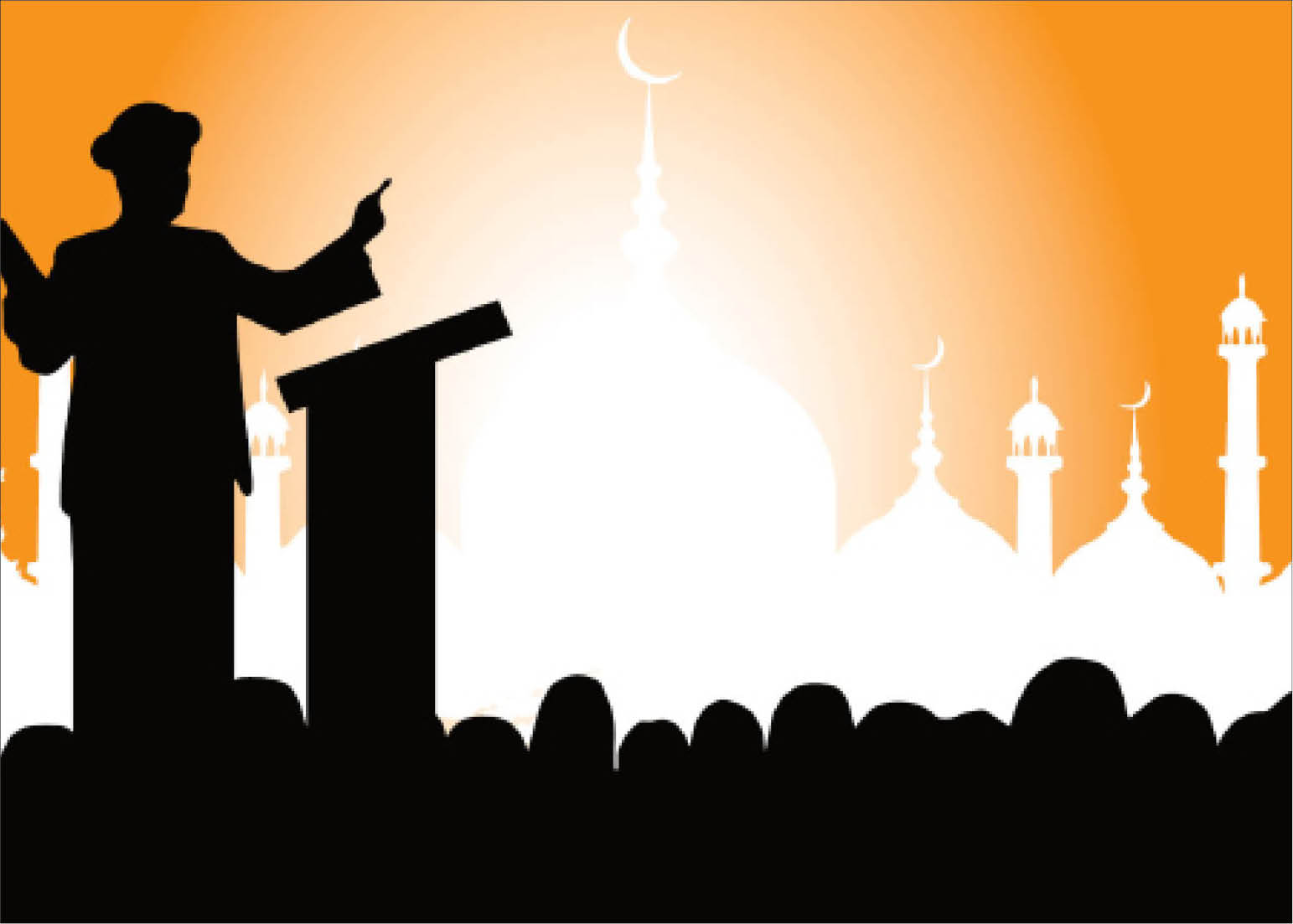This bidi’a debate again
Bauchi has been a buzzword among the North’s clerical establishment ever since Sheikh Idris Abdulaziz’s choice of words in underlining the sectarian difference between him, and others. But the debate that emanated from his condemnation of Bidi’a—the introduction of perceived alien and disapproved ideas and practices to Islam—during his Ramadan tafsir session isn’t about his […]

Bauchi has been a buzzword among the North’s clerical establishment ever since Sheikh Idris Abdulaziz’s choice of words in underlining the sectarian difference between him, and others. But the debate that emanated from his condemnation of Bidi’a—the introduction of perceived alien and disapproved ideas and practices to Islam—during his Ramadan tafsir session isn’t about his freedom to deconstruct the sect. He’s on the seat for a reference to Prophet Muhammad in a context found unflattering, and the polarisation is instant.
The raging debate brings to mind not only the necessity of regulating religious preaching, and adopting a strict certification system, but the hypocrisy of those who rush to justify the inciting utterances or sermons of scholars from the sect with which they identify but are quick to call for the head of transgressing scholars for another sect. Sheikh Abdulaziz’s perceived dishonouring of the Prophet’s nobility, a blasphemy to one sect, is being defended by leaders of the sect that called for Sheikh Abduljabbar Kabara’s head—and vice versa.
Sheikh Kabara, who was sentenced to death by hanging at his last county hearing last December, ran out of luck in refuting ancient prophetic narrations, even those transmitted by Companions of the Prophet. In doing so, he’s found himself at war with the Salafi establishment, and accused of dishonouring the legacy of vastly acknowledged exegetes, from Ibn Taimiyyah to Ibn Kathir. For his deviance from orthodox practices, Kabara has been, expectedly, declared non-Muslim—and this is the politest term.
The sheikh’s argument that his contentious utterances were “academic exercise” was dismissed by the court, and he was found guilty of contravening Section 382 subsection (B) of the Shariah Appeal Court 2000,’ Kano State Laws, which states that:
“Whoever in any means publicly insults by using words or expression in writing, verbal means or gesture which shows or demonstrates in form or contempt or abuse against the Holy Quran or any prophet of God shall be liable to death.”
The judge also ordered the seizure of his 189 books, which he used to defend himself at the court, and also banned his religious preaching and the use of his photos across the state.
Like Kano State, the authorities in Bauchi State have set out to stall outrage over Sheikh Abdulaziz’s controversial preaching, and have sent him an invitation letter to, in their words, “an interactive session (Munakasha) for clarification over your utterances made during Ramadan Tafsir session,” and that “your kind response will go a long way to de-generating the ongoing tension among the public for the peaceful co-existence among the Islamic religion faithful.”
Even before Sheikh Abdulaziz’s session with Bauchi State Shariah Commission was rescheduled, he found tacit support from Jama’atu Izalatil Bid’ah Wa’ikamatis Sunnah, known as simply Izala. The movement, which was intended to be a part of the session, withdrew from participation and endorsed the cleric’s contentious remark on the status of the prophet, which was seen as blasphemous by other sects.
The frightening dilemma here is, the Izala strutting to defend Sheikh Abdulaziz have been at the forefront of having Sheikh Kabara tried for blasphemy and executed, and even declared support for the state government. They even offered to challenge his views in a state-organised public debate. While it’s understandable that they rushed to defend the honour of the Prophet, their idea of preserving his honour doesn’t align with that of the Sufis, whose scholars Sheikh Abdulaziz listed before his controversial reference to the Prophet.
Sheikh Abdulaziz’s place of practice is the home of the most revered sufi cleric of the Tijjaniyya order in Nigeria, Sheikh Dahiru Usman Bauchi, and their reverence for the Prophet is to the extent that the tone of Sheikh Abdulaziz’s reference couldn’t be qualified as the Sheikh Kabara’s, and the state’s intervention isn’t ill-advised. We live in a society where even a poor choice of actions or words in the discourse of Islam has sparked riots and deaths.
The tension stirred by this controversy around the Prophet’s status is a call to licence religious preachers to regulate religious communities in Nigeria. Kaduna State Governor Nasir El-Rufai once contemplated legislation against the propagation of hate messages by religious preachers, noise pollution and other forms of public nuisance perpetrated under the guise of religious devotion, and the bill was shut down by the same clerics guilty or wary of the transgressions masterminded by these alleged blasphemers.
Only carefully-designed legislation can check our clerics because sectarian conflict is a war with no end, with no logic, and with no victor. It’s always like lighting fire around gunpowder. It’s been raging on for over a millennium and a half, for about 14 centuries, and it’s not coming to an end because of the spectral components of your voices or your aggression. This is because every sect is convinced it’s the chosen one, and asserts its doctrinal superiority to others. But that’s not the dreadful part of it. The most dangerous dimension of this conflict, as history has shown, is that all sides would rather die than cave into the propositions of their traducers.
And in pushing for lasting legislation in this point of charged veins, the authorities must create a clerical system where scholars from both sides of the argument or doctrinal leaning and their followers can disagree with no camp calling for either’ heads. The Al-Ghazalis didn’t set out to tear apart the scholarship of the Ibn Sinas with swords, they deployed what they perceived as the superior understanding of Islam to do so—and the world is thankful for the clarity they produced about 10 centuries later.
